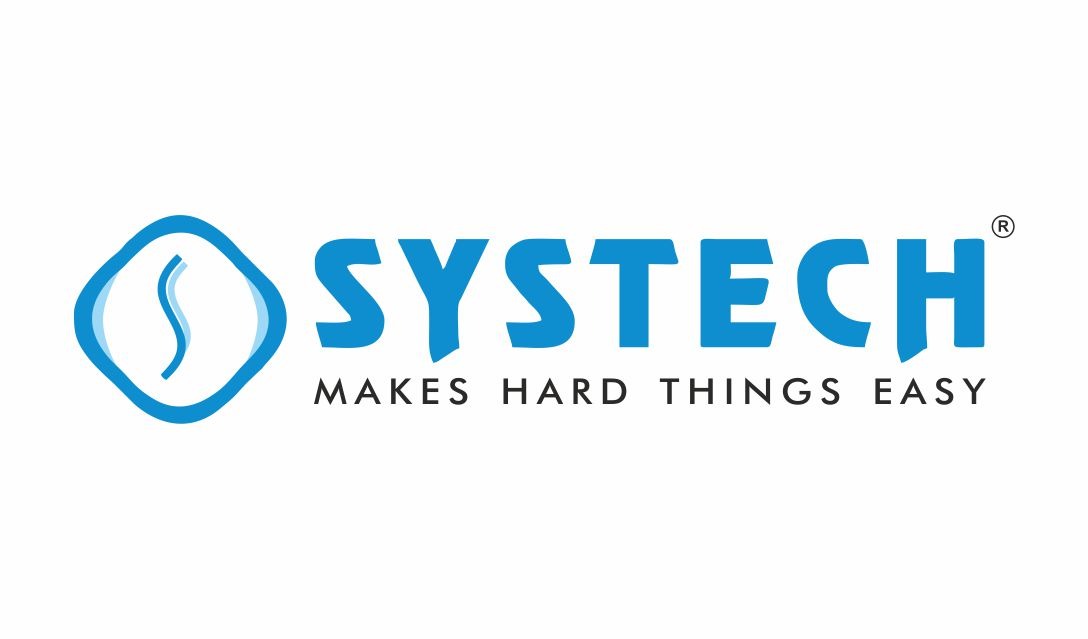Table of Contents
Introduction:
Comxpleting 12th standard often brings a big question: what next? While many students lean towards traditional degrees, others search for skill-based career options that offer fast job placements and long-term stability. One such in-demand path is hardware and networking courses after 12th. With the world running on technology, every business—small or large—relies on IT infrastructure. The lack of skilled technicians often leads to downtime, security risks, or poor performance. This has created a strong demand for experts who understand computer hardware, servers, and networking. By taking up these courses, you prepare yourself for a career that is both stable and future-driven, giving you an edge over peers who rely only on general degrees.
What You’ll Learn
- Why are hardware and networking courses after 12th among the most promising skill-based programs?
- The scope of hardware and networking across multiple sectors.
- Different career opportunities in hardware and networking for freshers and experienced engineers.
- Insights into the future of hardware and networking jobs worldwide.
- How to choose the right IT hardware and networking courses after 12th.
- The role of leading institutes like Systech in shaping successful IT careers.
Importance of Hardware and Networking Courses After 12th
Bridging the Skill Gap
Technology adoption in India is growing rapidly, but there aren’t enough trained professionals to handle the IT infrastructure. Completing hardware and networking courses after 12th helps students bridge this gap and gain employable skills within months instead of years, ensuring they become valuable assets to every organisation.
Hands-On Learning
Unlike degrees that are often theory-heavy, these courses are practical in nature. Students learn:
- Assembling, troubleshooting, and repairing hardware devices.
- Configuring routers, switches, servers, and office LANs.
- Network security basics to protect systems from cyber threats.
This real-world exposure makes students job-ready immediately after training.
Quick Job Entry
For many students who cannot afford long-term degrees or want to support their families early, IT hardware and networking courses after 12th give them practical qualifications and ensure fast-track entry into the IT workforce with job assurance.
Build Skills That Power Tomorrow’s Networks!
Scope of Hardware and Networking
Applications Across Sectors
The scope of hardware and networking is not limited to traditional IT organisations. Today, every sector is shifting toward digital platforms and requires IT support, including:
- Banks and financial institutions for secure transactions.
- Hospitals and healthcare providers for digital patient records.
- Educational institutions and e-learning platforms.
- Manufacturing and supply chain companies are managing smart factories.
- Government departments and public utilities that need secure data systems.
Emerging Opportunities
With the rise of cloud computing, hybrid workplaces, IoT, and data-driven operations, companies require professionals to maintain networks and ensure smooth connectivity. Hence, the demand for hardware and networking professionals consistently rises with each passing year.
Career Opportunities in Hardware and Networking
After completing hardware and networking courses after 12th, students can choose among many roles depending on skills and certifications.
Entry-Level Roles
- Desktop Support Engineer – Troubleshooting PCs and software issues for employees.
- Hardware Technician – Handling repairs, upgrades, and device installations.
- Network Support Assistant – Providing basic support for networks and server setups across offices.
Mid-Level Roles
- System Administrator – Managing an organisation’s entire IT infrastructure effectively.
- Network Engineer – Designing and managing networking systems that keep businesses aligned.
- IT Support Specialist – Responding to both hardware and networking challenges.
Advanced Career Growth
After gaining on-the-job experience, professionals can upskill and move into specialised IT areas such as:
- Cloud Computing Administration.
- Enterprise Cybersecurity.
- Data Centre Operations.
- IT Consulting.
This wide range of career opportunities in hardware and networking means you will never be confined to a single job role.
Future of Hardware and Networking Jobs
Growing Digitalisation
With the government’s “Digital India” push and businesses becoming more tech-focused, the future of hardware and networking jobs looks extremely strong. High-speed internet, 5G rollouts, and AI adoption will all rely on IT infrastructure.
Global Opportunities
IT infrastructure is a global requirement. Students trained in hardware and networking courses after 12th can apply their skills abroad too, where companies consistently seek qualified support experts.
High Job Security
Every organisation needs secure connectivity and functioning hardware. This ensures the long-term demand for hardware and networking professionals, regardless of changing technology trends.
Hardware Meets Future-Ready IT Skills!
Why Choose IT Hardware and Networking Courses After 12th?
Cost-Effective Career Path
Pursuing IT hardware and networking courses after 12th is cheaper than conventional degrees, but it delivers equally rewarding jobs and faster payback on investment.
Industry-Recognised Certifications
Institutes like Systech prepare students for certifications such as CCNA, CompTIA, and Microsoft, which provide global career credibility.
Faster Placements
Job-oriented training ensures students quickly secure roles in IT companies, BPOs, and global support centres without waiting for years.
Training with a Trusted Learning Partner
For students pursuing Hardware and Networking Courses after 12th, the right guidance is key to building a successful career. With industry-driven curriculum, real-time simulations, advanced labs, and project-based training, learners gain the hands-on expertise needed for IT infrastructure roles.
As an authorised Pearson VUE and PSI testing centre, Systech provides pathways to international certifications, enhancing career credibility. Along with strong placement support and an established alumni base across India, our training reflects the true scope and opportunities in the IT industry.
Shape Your Career with Network Expertise!
Conclusion
Choosing Hardware and Networking Courses After 12th is more than just a learning decision—it’s a career investment. With practical skills, hands-on projects, and industry-recognised certifications, students gain the tools needed for high-demand IT roles. From immediate employability to long-term growth in networking and IT support, the benefits are clear.
Step confidently into the IT industry with Systech’s career-focused training and turn your education into real-world opportunities and a promising future.
FAQs
What is the scope of hardware and networking for freshers?
The scope of hardware and networking for freshers includes jobs like IT support engineer, hardware technician, and network assistant, with further options to grow into cybersecurity or cloud administration with experience.
Are hardware and networking courses after 12th suitable for non-science students?
Yes, IT hardware and networking courses after 12th can be taken by students from any stream. Interest in technology, willingness to learn, and basic computer knowledge are enough requirements.
What are the career opportunities in hardware and networking abroad?
Plenty of career opportunities in hardware and networking exist internationally. Companies abroad look for certified technicians to manage global IT systems. Skilled students can pursue placements in Gulf countries, Europe, or North America.
How secure is the future of hardware and networking jobs?
The future of hardware and networking jobs is very strong, as networking will remain the foundation for cloud, IoT, AI, and emerging business technologies.
Is certification important for hardware and networking professionals?
Yes, certifications like CCNA, CompTIA, or Microsoft validate skills globally and multiply the demand for hardware and networking professionals, ensuring higher salaries and promotions.

